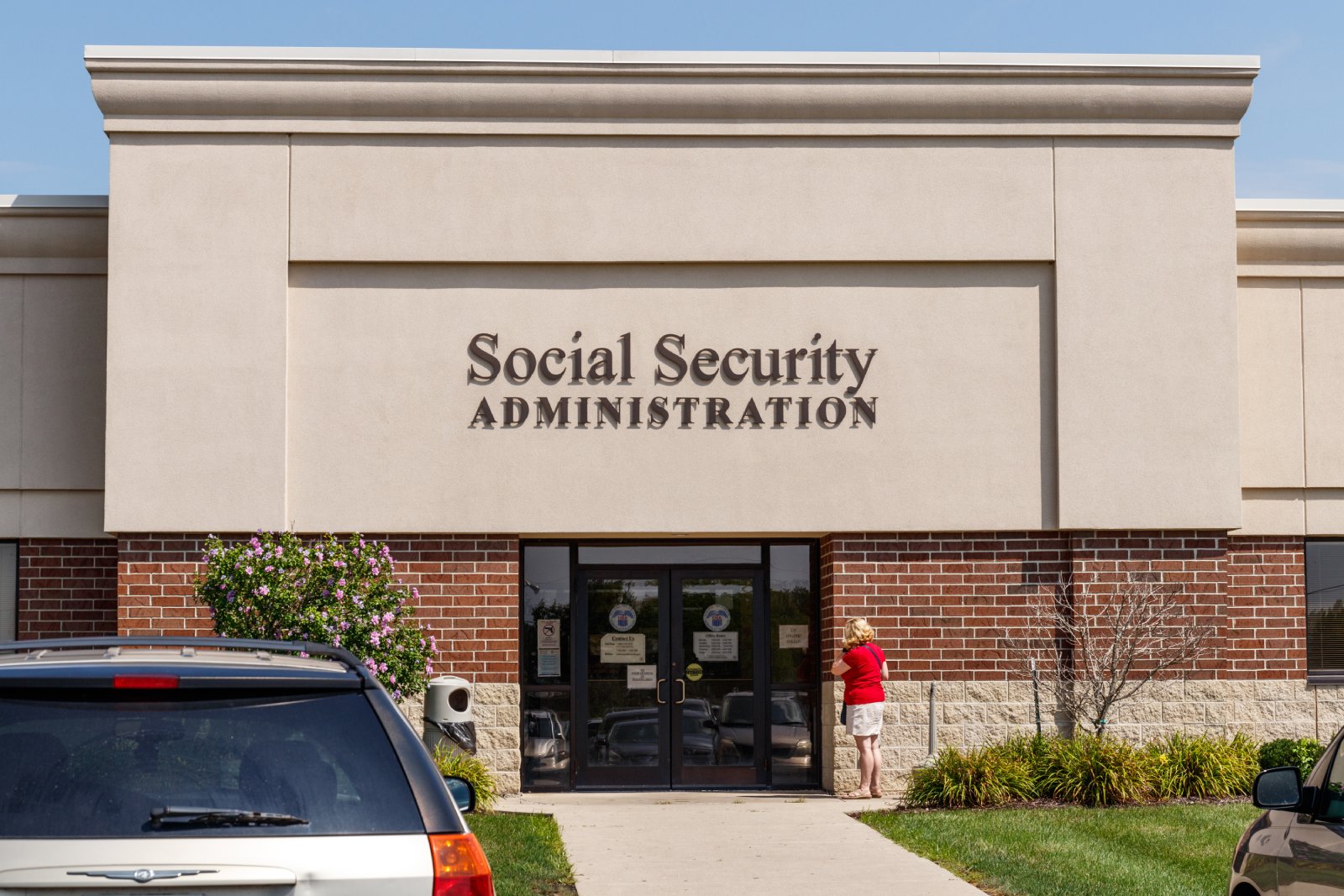Bad news for retirees: Social Security’s Cost-of-Living Adjustment (COLA) is projected to hit a historic low. With inflation still biting and the cost of essentials rising, this couldn’t come at a worse time for millions of Americans who rely on these payments to make ends meet.
What’s Going On?

The Social Security COLA is expected to increase by just 3.2% in 2024, a significant drop from the 8.7% adjustment in 2023. This means that the financial lifeline for many retirees won’t stretch nearly as far, leaving them struggling with higher costs on a fixed income.
Why Is This Happening?

The COLA is tied to the Consumer Price Index for Urban Wage Earners and Clerical Workers (CPI-W). When the CPI-W indicates lower inflation, the COLA decrease follows. But while the government numbers suggest inflation is easing, many seniors are still feeling the pinch at the grocery store and gas pump.
The Inflation Problem

Even with official inflation rates cooling, everyday expenses for healthcare, housing, and food are skyrocketing. For retirees who spend a larger portion of their income on these essentials, the lower COLA does not reflect their real-world experience of rising costs.
Who Will Be Hit the Hardest?

Low-income retirees and those solely dependent on Social Security will feel the sting the most. These are folks who can’t just cut back on non-essentials to make up the difference. For them, every dollar counts, and a smaller COLA means tough choices.
A Broken System?

Critics argue that the way COLA is calculated is fundamentally flawed, failing to capture the actual inflation experience of seniors. They call for a shift to the CPI-E (Consumer Price Index for the Elderly), which would more accurately reflect the spending patterns of older Americans.
The Impact on Retirees’ Daily Lives

A lower COLA directly translates to less spending power for retirees. This isn’t just about luxuries—this is about being able to afford prescription medications, heating bills, and even basic groceries.
A Looming Crisis in Healthcare

Healthcare costs continue to soar, and a lower COLA doesn’t account for this critical expense. For many retirees, their Social Security check is a significant source of income, and any reduction in its purchasing power could mean skipping necessary treatments or medications.
The Ripple Effect

The financial stress on retirees will have a broader economic impact. When retirees have less money to spend, local businesses—especially those in communities with high numbers of seniors—could see reduced sales. This could create a ripple effect, hurting local economies.
Calls for Reform Grow Louder

Organizations like the AARP are pushing back against the low COLA. They argue that the government needs to adopt a more realistic measure of inflation to ensure seniors are not left behind. “Americans work hard to earn their Social Security, and it’s only fair for them to get the money they deserve,” says AARP CEO Jo Ann Jenkins.
Market Reactions

The financial markets are keeping a close eye on Social Security adjustments. A lower COLA could signal less disposable income among retirees, potentially impacting sectors that rely on senior spending, such as healthcare, travel, and consumer goods.
What Can Retirees Do?

Experts advise that retirees should review their budgets carefully and look for ways to cut costs. They should also consider other sources of income, such as part-time work or tapping into retirement savings, though these options come with their own set of challenges.
Government’s Role

There is a growing consensus that the government needs to take a more active role in supporting retirees. Proposals for boosting Social Security benefits or providing additional subsidies for healthcare and housing are gaining traction, but action has been slow.
The Future of Social Security

With an aging population, the future of Social Security is a hot topic. Policymakers are debating various reforms, but one thing is clear: without significant changes, the system may not be sustainable in the long run, putting millions of future retirees at risk.
Will There Be More Cuts?

As the economy continues to fluctuate, retirees are left wondering if they will see even more cuts to their benefits. The uncertainty surrounding Social Security COLA adjustments leaves many feeling anxious about their financial security.
Millennials Are Over It: 25 Reasons Woke Culture Is Losing Its Charm

Has the push for progress tipped too far into preachiness? Here’s why many Millennials might think so. Millennials Are Over It: 25 Reasons Woke Culture Is Losing Its Charm
Is It Time Boomers Paid the Price for America’s Economic Inequality?

The American Dream feels more elusive than ever, especially for younger generations. What was once achievable through hard work now faces significant hurdles, from skyrocketing college costs to the challenging pursuit of homeownership. Here’s a look at why it’s tougher for Millennials and Gen Z compared to Baby Boomers. Is It Time Boomers Paid the Price for America’s Economic Inequality?
Rent Crash in California: Landlords Scramble as Prices Take a Hit

California’s rental market is taking a nosedive, with major cities seeing huge drops in rent prices. Rent Crash in California: Landlords Scramble as Prices Take a Hit
Featured Image Credit: Shutterstock / Goksi.
The content of this article is for informational purposes only and does not constitute or replace professional advice.
The images used are for illustrative purposes only and may not represent the actual people or places mentioned in the article.
For transparency, this content was partly developed with AI assistance and carefully curated by an experienced editor to be informative and ensure accuracy.




